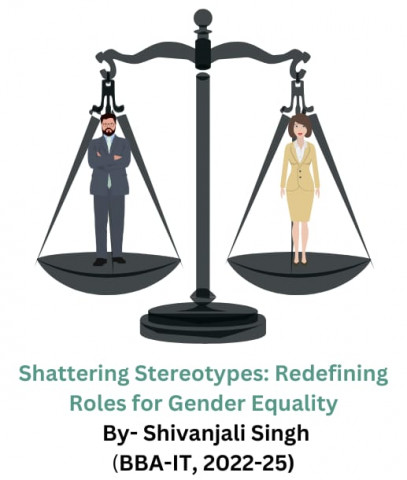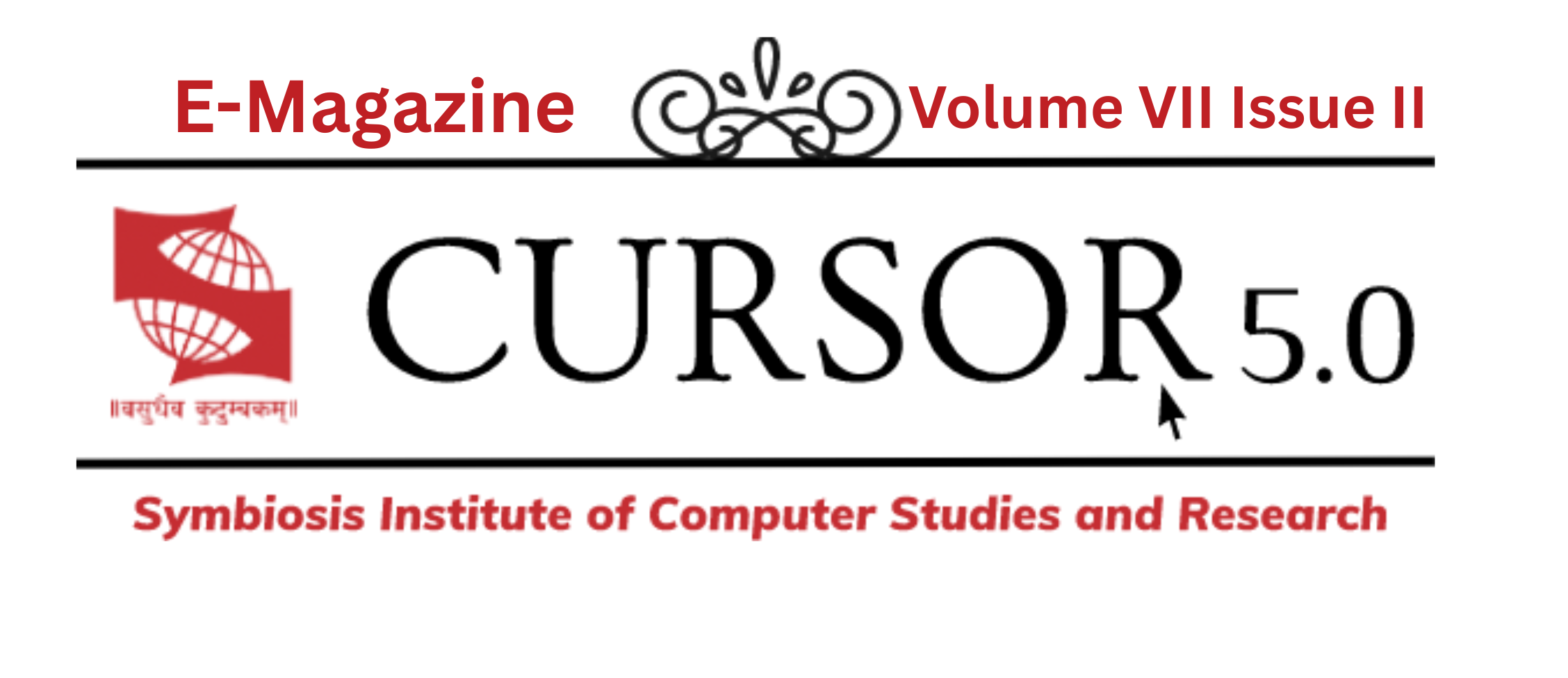
Crafting a fair and inclusive society has been the cornerstone of the movement for gender equality.At its essence this means creating an environment where everyone, regardless of gender, has equal opportunities and representation. To achieve this, we must break down barriers and challenge deep-seated stereotypes. Gender inequality refers to the unfair differences in opportunities, rights, and how people are treated based on their gender. It is a problem embedded in our societal structures. The solution lies in addressing these imbalances to create a society that is genuine, fair, and just forall.
Historically roles that are allocated to men and women have always been strongly related withsocietal norms. These beliefs—which were often founded in biological differences—became rigid standards that defined how people of different genders should behave, carry out their roles, and
relate to one another in the community. In many ancient civilizations, gender roles were sharply defined. They were typically associated with archaic ideas of masculinity and femininity, according to which women belonged at home and males held positions of leadership, authority, and decision-making. Despite progress in the 20th century and improvements such as legislative developments and feminist waves, gender conventions from the past still exist. While our world has undergone significant evolution in various aspects such as technology, communication, and education, it is disheartening to note that deeply ingrained gender biases persist unabated. The burden of this past baggage continues to impact expectations in modern society.
Facts and figures underline the urgency of change. Throughout the world, women earn approximately 77 cents for every dollar earned by men. Denial of management and decision-making roles complemented with lower salaries have been made customary in business. Moreover, the burden of unpaid care work disproportionately falls on women. This perpetuates antiquated gender norms while also limiting women's chances for professional progress. Combating disparities in health is an additional aspect of the battle for gender parity. Women's health is overlooked in many regions of the world, and getting access to reproductive healthcare is still a luxury.
In this multifaceted struggle, men, too, navigate a complex terrain shaped by societal expectations and stereotypes. Getting over preconceived ideas about masculinity may be a big obstacle that affects mental health and personal growth. Men may experience pressure at work to fit into traditional positions, which might restrict their options for unorthodox career pathways or work-life balance. There are possibilities and challenges associated with the changing face of fatherhood and caring, which calls for a reassessment of society norms about men's obligations in the family. An essential component of the struggle is to eliminate toxic masculinity, which means opposing behaviours that reinforce negative stereotypes and limit healthy emotional expression.
Leading the way in this transformative movement, men are breaking traditional gender norms by taking on roles as stay-at-home dads, entering nursing professions, excelling in teaching, and making significant contributions to the fashion and culinary industry. These instances challenge stereotypes associated with masculinity and redefine societal expectations in artistic fields. Simultaneously, more women are succeeding in STEM fields, the increasing number of female pilots, women in leadership roles within the technology sector, all of these examples defy gender-specific occupational norms.
Quoting Chimamanda Ngozi Adichie, in her book "We Should All Be Feminists", wrote that "The idea of 'gender roles' is rife with stereotypes and biases. We should challenge these perceptions at every turn." Her heartfelt remarks serve as an important reminder that 'gender roles' are full of prejudices and assumptions that uphold inequity. We must all undergo an immense mental transformation if we are working toward the cause of gender equality. It demands a psychological reassessment of the beliefs and prejudices that have long influenced our viewpoints. As we move forward, let us not only champion policy changes and systemic reforms but also become ambassadors of a psychological revolution. By encouraging open-mindedness, empathy, and an inclusive perspective, we lay the foundation for a future where gender equality is not just an aspiration but an integral part of our collective consciousness.
Biblography
- I confirm that this article is my original work., I understand that submissions will be screened for plagiarism.
- Type : Informative Article
By Shivanjali Singh(BBA-IT ,2022-25)



